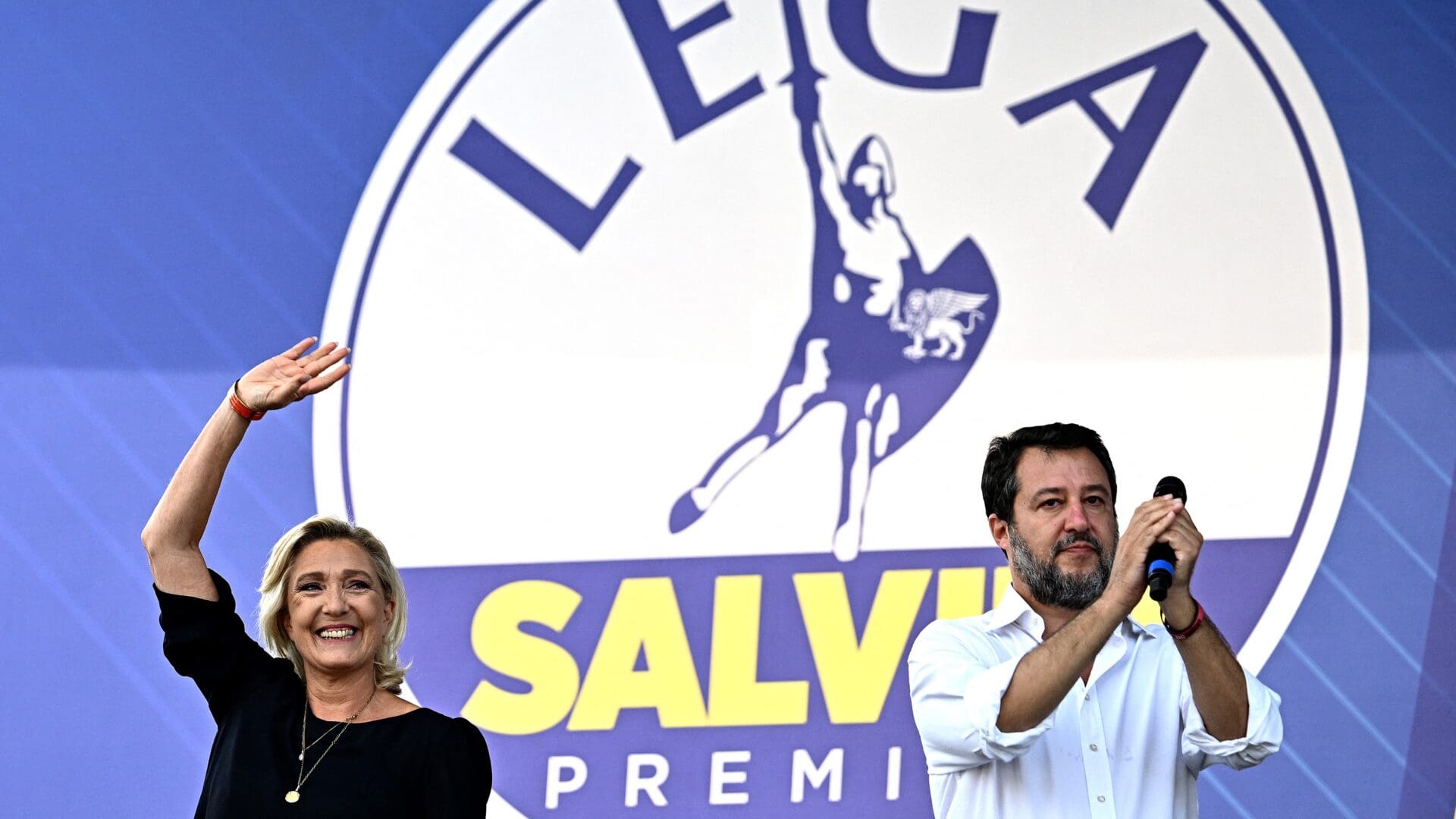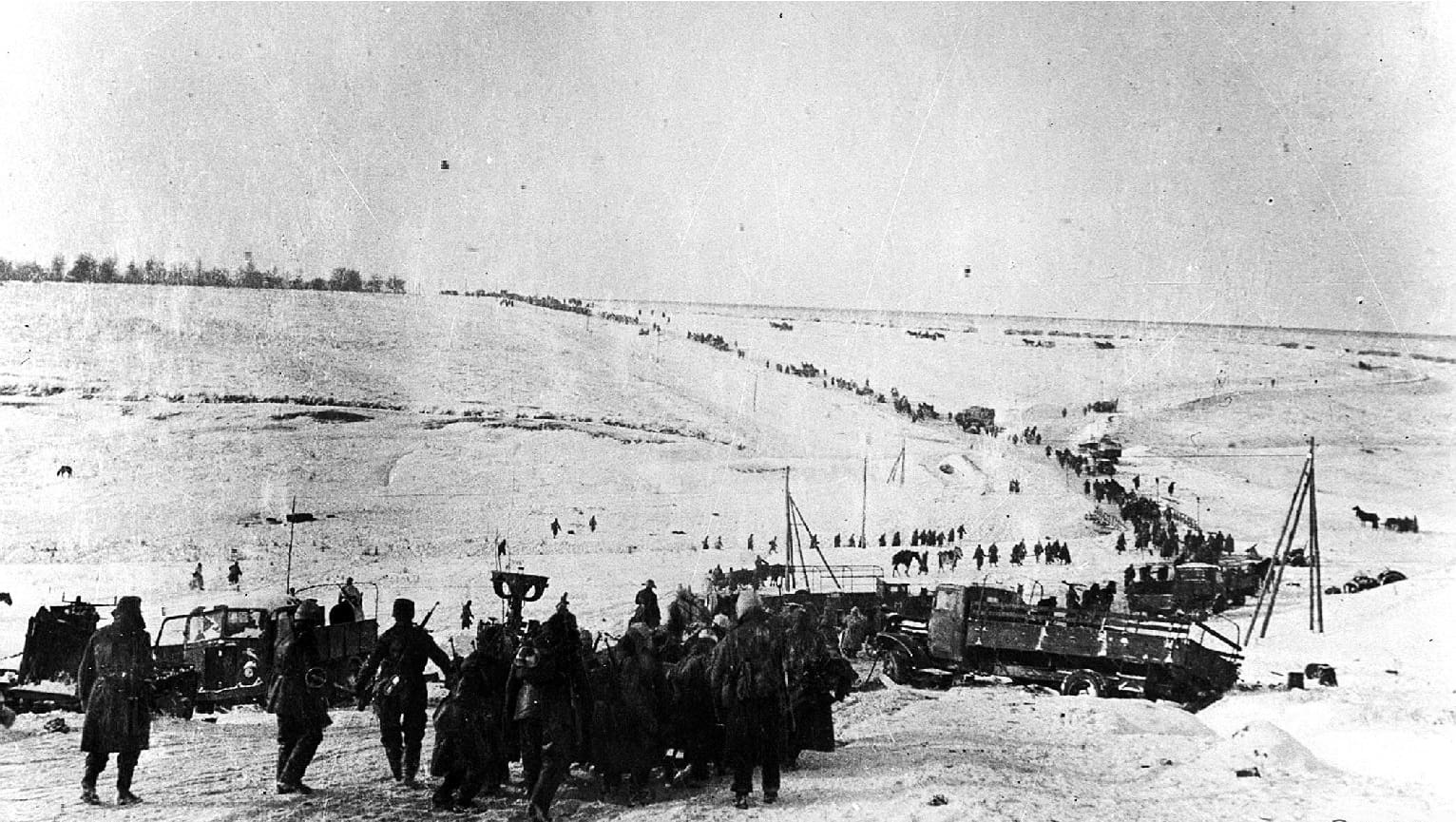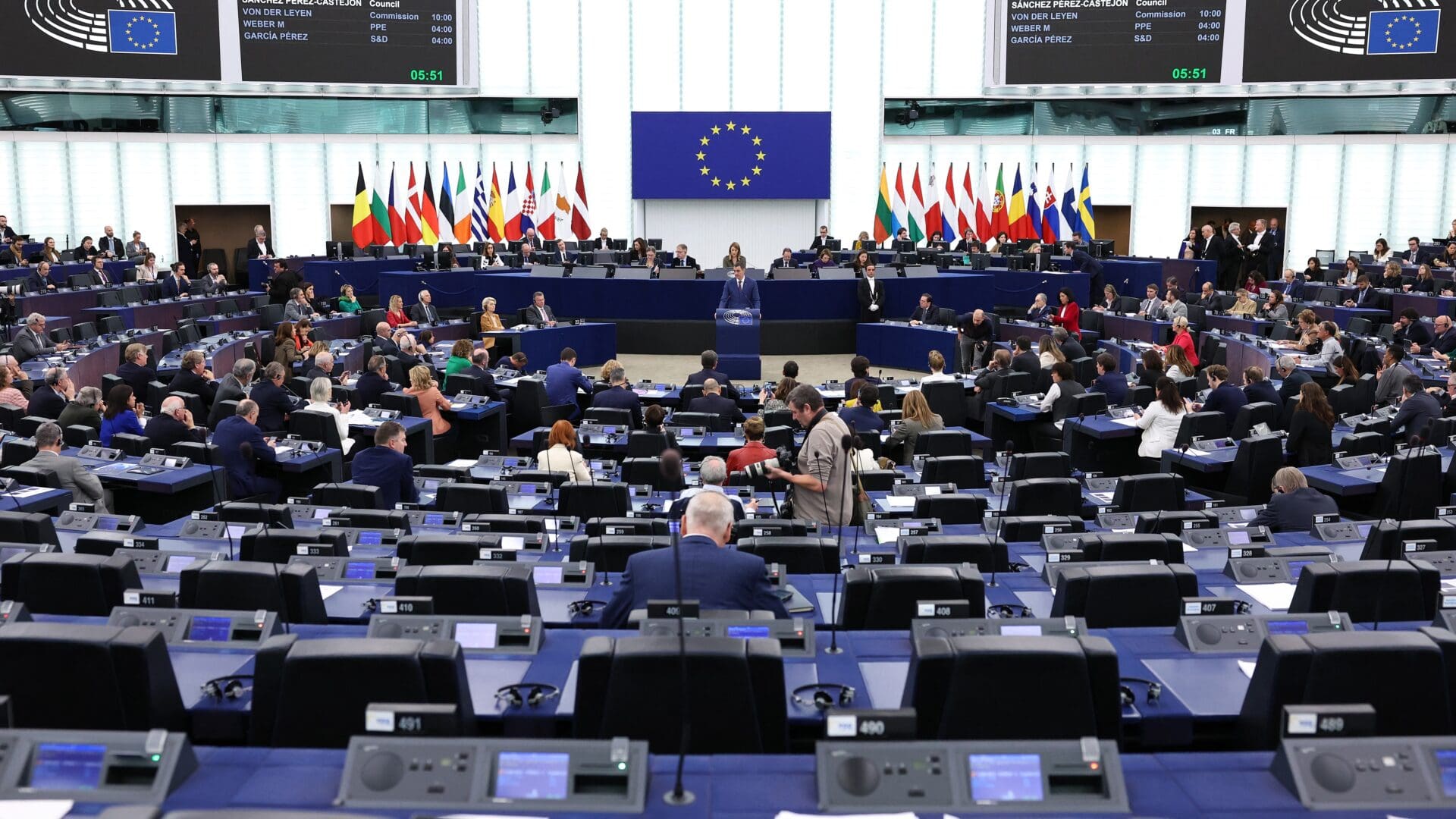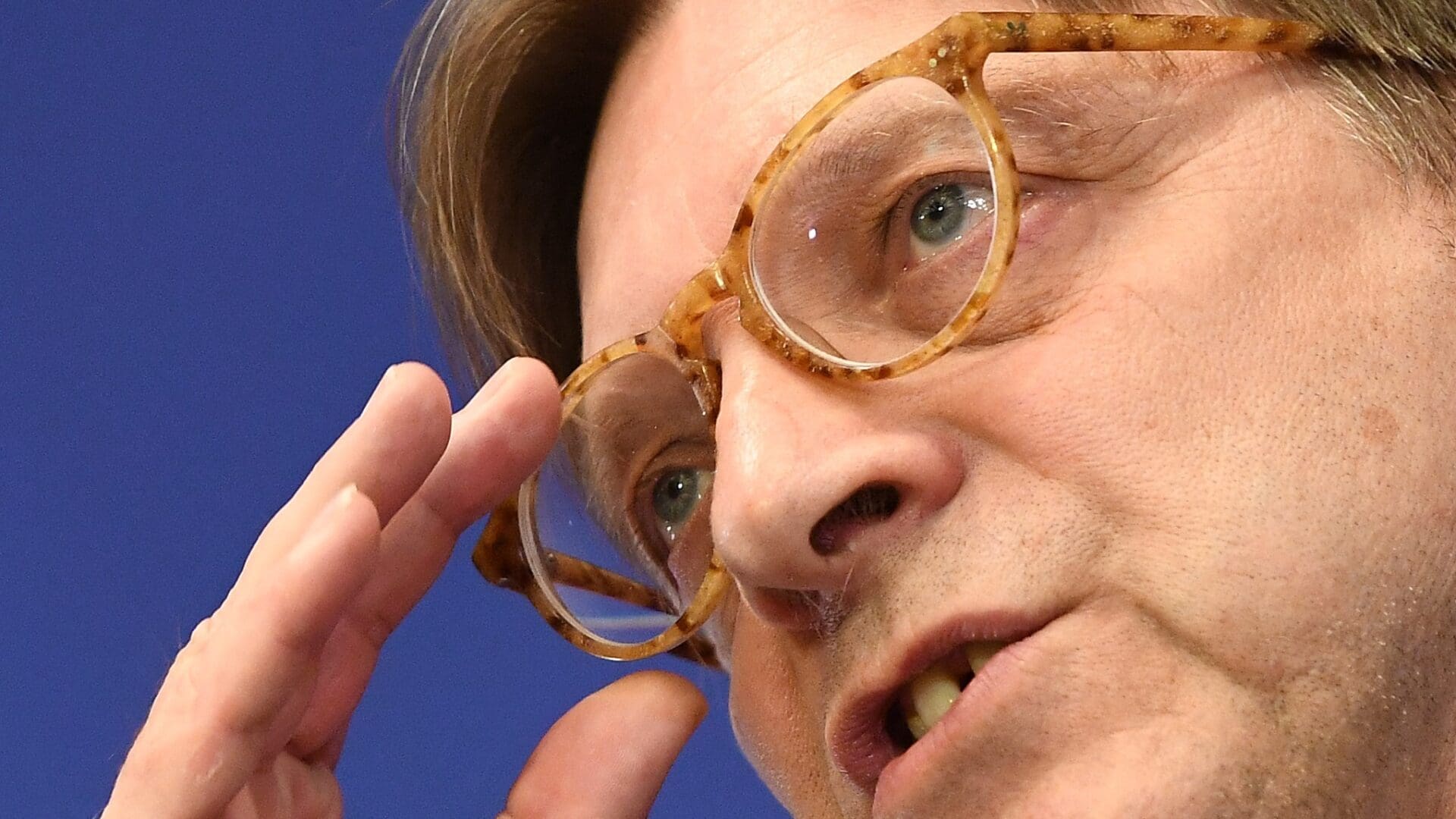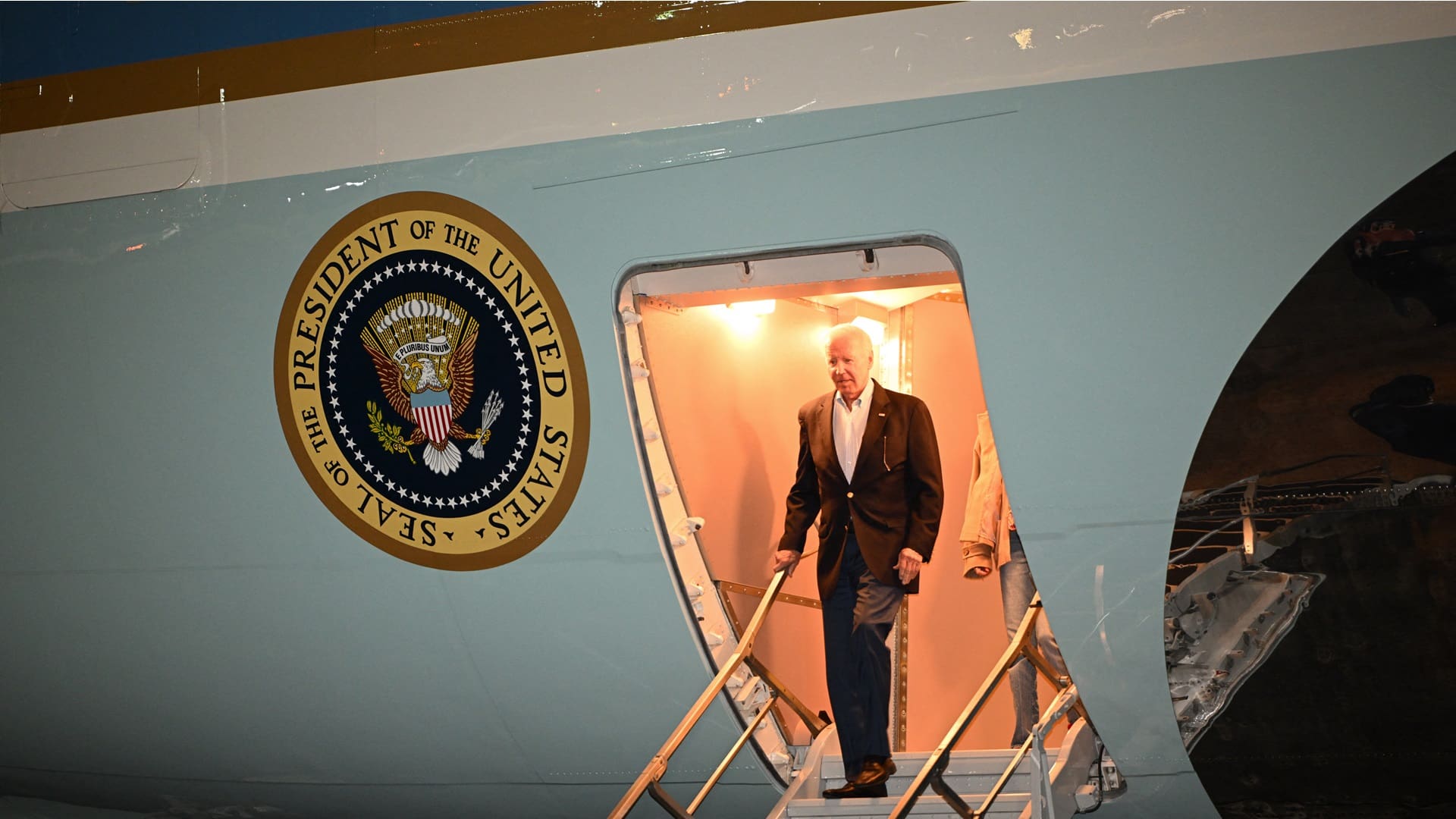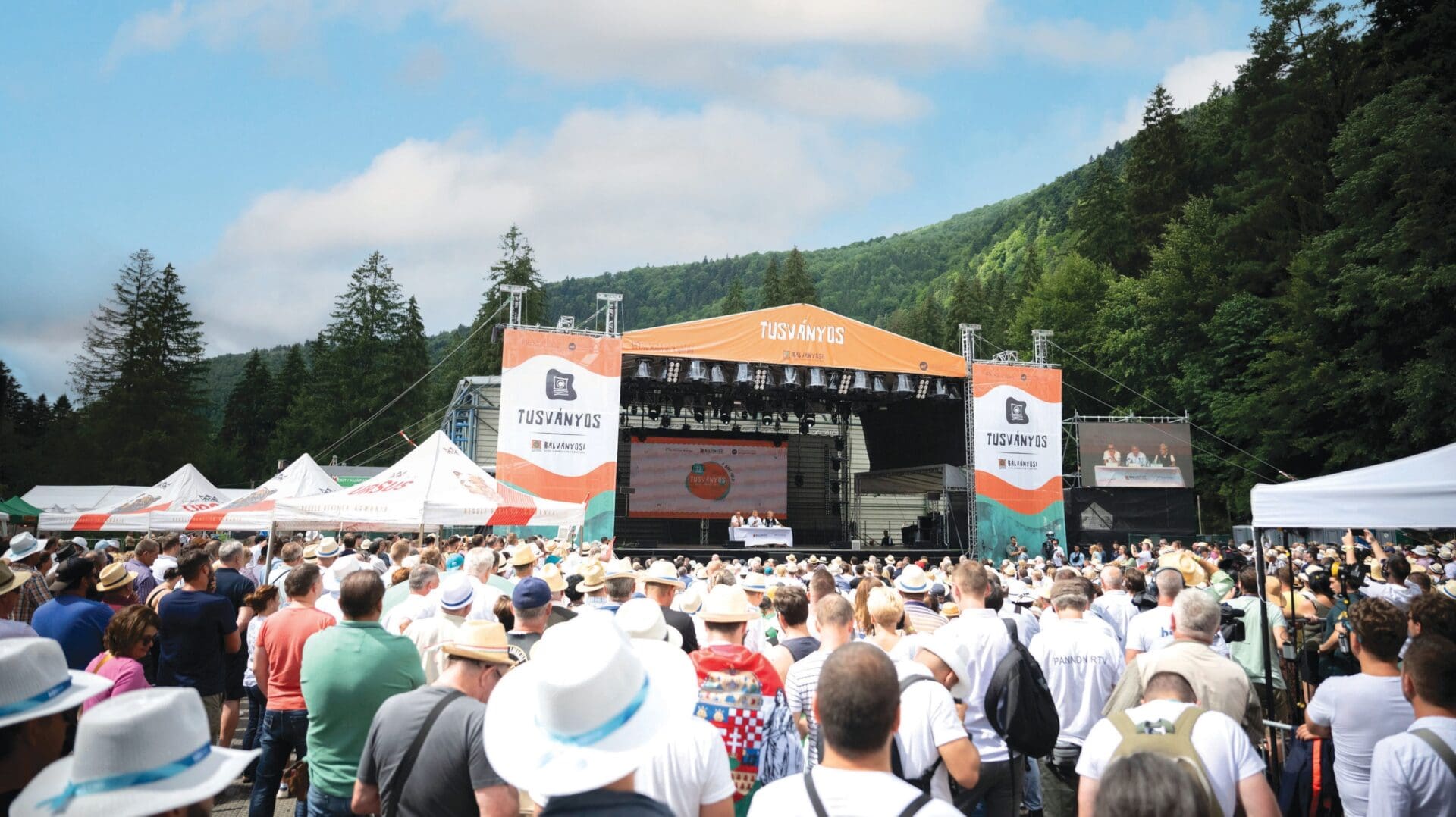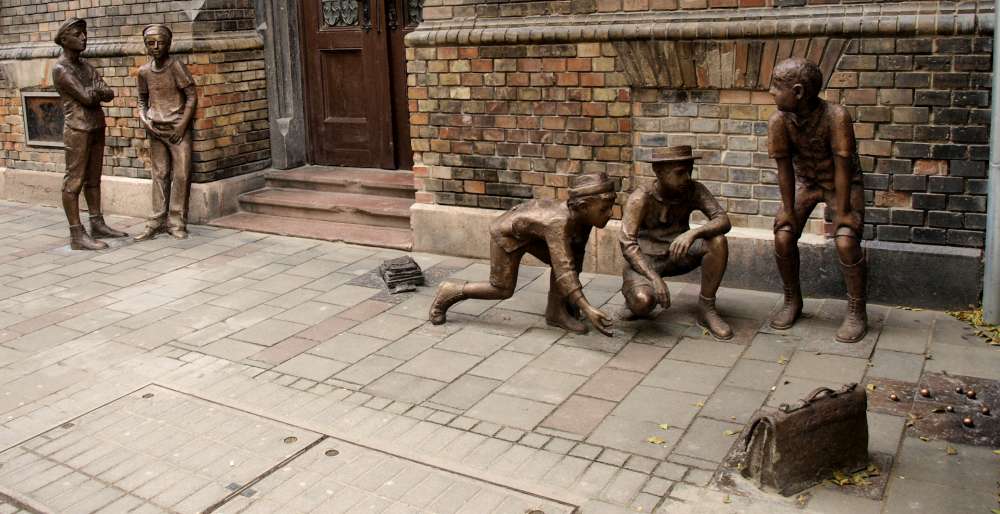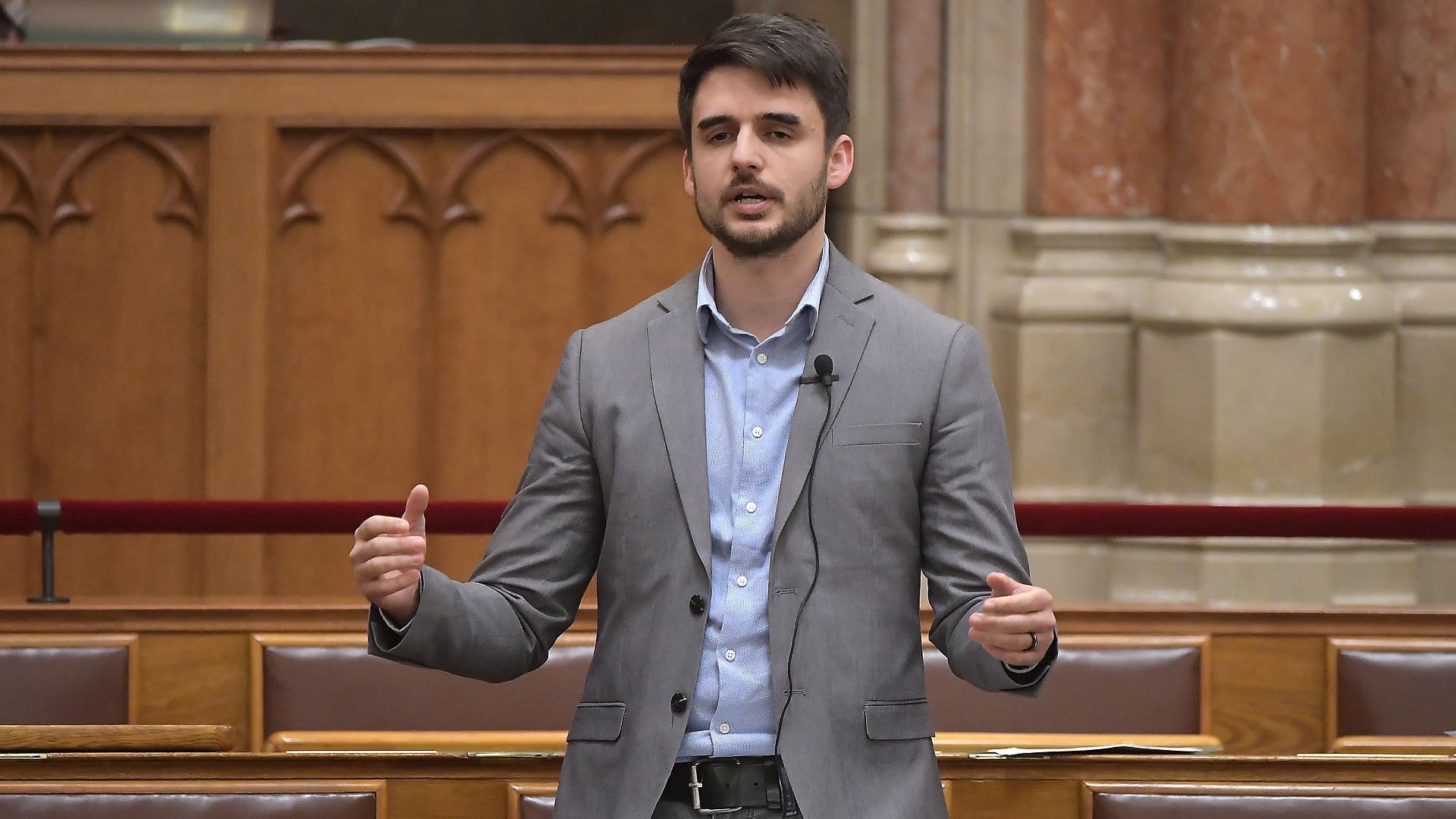
Hungarian Leftist MP Threatens with Donald Tusk-Like Retaliation
While the new liberal government in Poland has brought the country to the brink of a constitutional crisis within a month, Hungarian MP Márton Tompos from the leftist Momentum party is apparently looking to emulate the Polish Prime Minister, and is threatening with similar retaliation in the low chance of a leftist takeover in Hungary.

